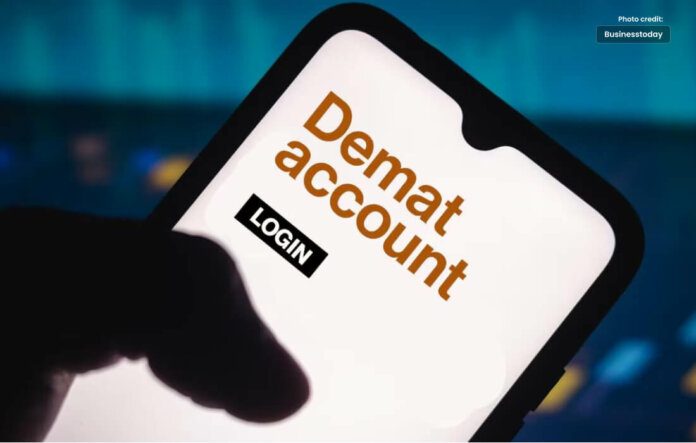Demat accounts revolutionize the investing with convenience, security.
Introduction
The world of investing has evolved significantly over the years, transitioning from physical certificates to digital formats. A key development in this transformation is the introduction of Demat accounts. Short for “dematerialized accounts,” Demat accounts have revolutionized how investors buy, sell, and hold securities. Additionally, we’ll delve into the concept of their benefits, and how they have reshaped the landscape of modern investing.
What is a Demat Account?
It is an electronic account that holds and safeguards your investments in electronic format. It eliminates the need for physical certificates by converting them into digital records. This innovation has made trading and managing securities more efficient, secure, and convenient.
Key Benefits of Demat Accounts
- Paperless Trading: Demat accounts have eliminated the hassle of dealing with physical share certificates, making transactions quick and seamless.
- Safe and Secure: With physical certificates, the risk of loss or damage was always present. Demat accounts provide a secure environment for storing and transacting securities.
- Easy Access: Investors can access their Demat accounts online, allowing them to view their holdings, transactions, and investment history with ease.
- Quick Settlement: The electronic nature of Demat accounts has significantly sped up the settlement process for trades, reducing the time it takes to receive or deliver securities.
- Reduced Costs: By eliminating the need for physical documents and postage, Demat accounts have helped reduce administrative and transaction costs.
- Efficient Management: Investors can manage various types of securities, including stocks, bonds, mutual funds, and Exchange Traded Funds (ETFs), all within a single Demat account.
Opening a Demat Account
Opening a Demat account is a straightforward process:
- Choose a Depository Participant (DP): A DP is a financial institution that facilitates the conversion of physical certificates into electronic format. Banks, brokerage firms, and financial institutions can act as DPs.
- Complete the Application: Fill out the Demat account application form provided by the chosen DP. Along with this form, you’ll need to provide identity and address proofs, as well as passport-sized photographs.
- Submit KYC Documents: As part of the Know Your Customer (KYC) process, submit relevant documents, such as PAN card, Aadhaar card, and address proof.
- Verification: The DP will verify your documents and application before approving the Demat account.
- Account Activation: Once verified, your Demat account will be activated, and you’ll receive a unique Demat account number (similar to a bank account number).
Conclusion
The transition from physical certificates to electronic records has paved the way for a more streamlined investing experience, reducing the complexities associated with traditional paperwork. By embracing the concept of Demat accounts, investors can navigate the financial markets with greater ease and confidence, knowing that their investments are securely stored in the digital realm.




